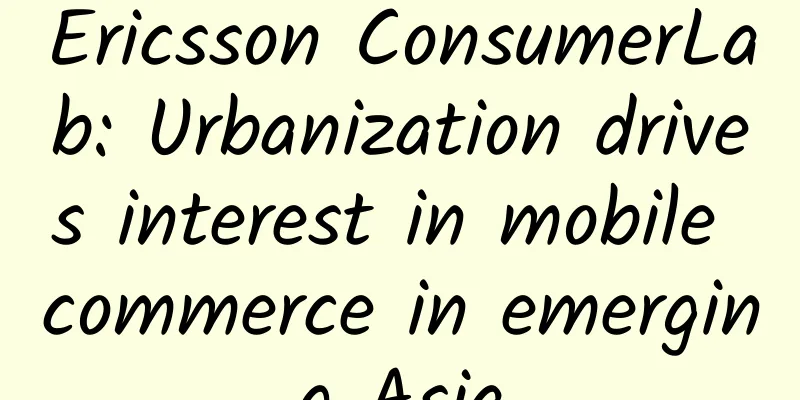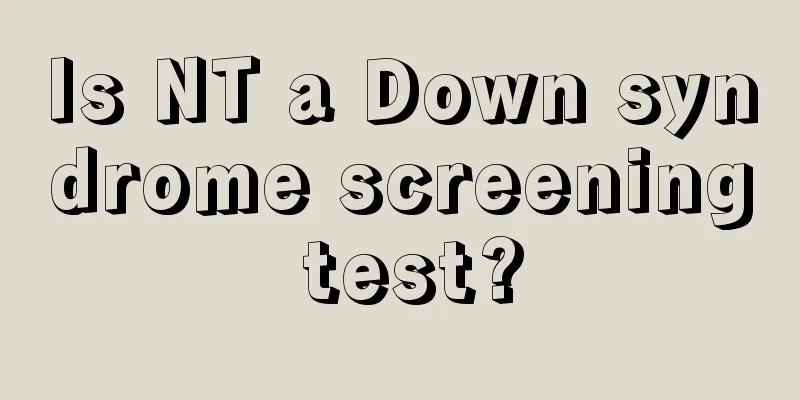Ericsson ConsumerLab: Urbanization drives interest in mobile commerce in emerging Asia

|
* New research from Ericsson ConsumerLab shows that urbanization is driving interest in mobile commerce services, such as receiving and paying money via mobile phones, in emerging Asia * When it comes to financial matters, the “circle of trust” formed by family and friends is very important and will influence how consumers accept mobile financial services * Security concerns and convenience will drive adoption of cashless payments and mobile commerce services A new report from Ericsson Consumer Lab explores the likelihood of widespread adoption of mobile commerce in emerging Asia, including Bangladesh, Indonesia and Vietnam. The findings show that 54% of respondents in Indonesia (the most developed economy in the study) have used money transfer services (to receive/spend money), followed by Vietnam (45%) and Bangladesh (34%). When it comes to using mobile devices for mobile money transfer services, there are significant differences in awareness and interest across markets. To take an extreme example, in Bangladesh, 97% of people are interested in the service and 100% are aware of it, mainly due to the bKash money transfer service being a household name in Bangladesh. In Indonesia, 49% of people are interested in mobile money transfer services and 35% are aware of them. In Vietnam, the corresponding figures are 26% and 19%, respectively. So how many people have actually used mobile money transfer services? The survey results show that the usage rate is low: only 4% of people in Bangladesh have used it, while in Indonesia and Vietnam it is 1%. An important finding of this study is that the urbanization process has led many people to migrate to cities for employment, stimulating society's demand for fast and reliable money transfers. "This is due to the fact that while some family members have moved to the city, many remain in the countryside and are still dependent on the family members who have moved to the city, especially when it comes to finances," says Patrik Hedlund, Senior Advisor at Ericsson ConsumerLab. "In these developing markets, overall incomes are generally lower, so there is a need to speed up the process of receiving and paying money." The markets studied are still largely cash economies, where cash is the mainstay of everyday transactions. Ericsson ConsumerLab found that these economies are characterised by “circles of trust” – groups of family, friends or neighbours who often pool their money and lend it to one another if needed. However, people in a cash-based society have many concerns when it comes to security, such as getting the wrong change when buying something or receiving counterfeit money. Another drawback is the lack of convenience. Often, you need to make an appointment to wait at home for the debt collector to collect the debt, or you must go to a specific business location during specific business hours to complete the relevant procedures. As a result, up to 78% of Bangladeshi consumers and 57% of Indonesian consumers are interested in using mobile payment methods to pay service bills. In Vietnam, the figure is 37%. In short, emerging Asian markets are enthusiastic about mobile financial services, especially mobile money transfer and bill payment services. |
<<: Drink Astragalus soup regularly to prevent diseases and maintain health
>>: Leverage social media to build expertise
Recommend
The pros and cons of sweating during the full moon
There has always been a custom that women sweat w...
Influenza A is coming! In addition to oseltamivir, these 5 drugs are also very effective
During the cold winter season, the weather cools ...
Can color Doppler ultrasound detect early breast cancer?
Breast cancer is a type of cancer that mainly occ...
Down syndrome: Uncovering the mystery of "Trisomy 21"
Among the mysteries of human genes, there is a sp...
There are so many types of uterine fibroids. Can hysteroscopy detect them all?
Author: Zhang Qi Beijing Tiantan Hospital, Capita...
What causes adenomyosis?
I believe that women are not unfamiliar with aden...
Stretch marks on outer thighs
Many people have stretch marks on their bodies. S...
National Information Center: 2021 Smart Community Construction and Operation Guide
The "Guidelines" conducts a comprehensi...
Don’t be embarrassed to sleep naked anymore? It’s good for your health!
Do you like sleeping naked? Is it embarrassing to...
Why do I feel dizzy when my period comes?
Many men don't want to know how sad women are...
Can midday urine test for pregnancy?
Many couples who are preparing for pregnancy ofte...
Lepu Medical's COVID-19 antibody colloidal gold test kits, infrared thermometers and other products have been supplied to dozens of countries
As of 22:00 Beijing time on April 26, according t...
What to do if you have trouble sleeping during late pregnancy
In the later stages of pregnancy, women's bod...
How do models lose weight and keep in shape?
Models all have very beautiful bodies. Most of th...
What are the benefits of eating kale? How to eat kale
Chinese kale is rich in glucosinolates, and its d...









